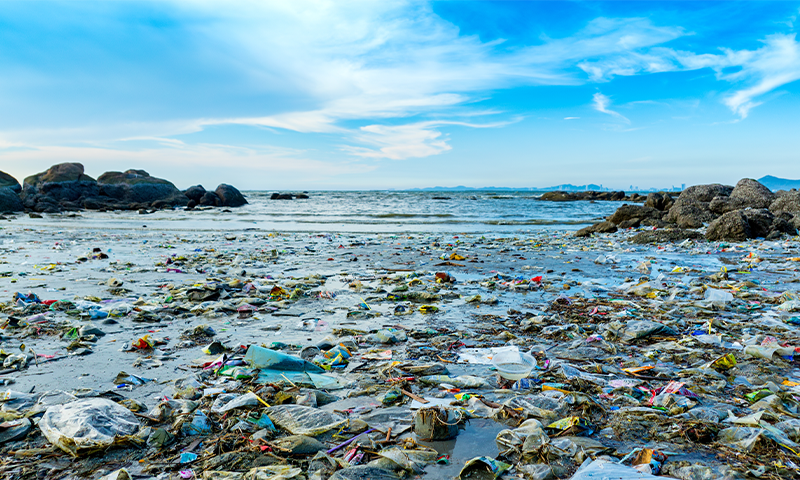Now Reading: Can Humanity Tackle the Plastic Crisis?
-
01
Can Humanity Tackle the Plastic Crisis?
Can Humanity Tackle the Plastic Crisis?

Speedy Summary
- Plastic pollution: A global crisis due to its pervasive presence; over 80% of plastic ever manufactured persists in the environment.
- Production trends: Global plastic production has increased 250-fold since the 1950s. Without intervention, it coudl nearly triple by 2060.
- Recycling and economic costs: Only less than 10% of plastics are recycled.plastic pollution induces $1.5 trillion per year in health-related economic losses,and plastic manufacturing may consume up to 20% of fossil fuels by 2050.
- Health effects: Emerging studies suggest micro-nano plastics (MNPs) have infiltrated human tissues and are linked with conditions like elevated risk for heart attacks or strokes (4.5x higher in a study from Naples).
- Global initiative: The Lancet Countdown on Health and Plastics aims to monitor the impacts of plastics on human health while promoting research and policy responses akin to efforts for ozone depletion or lead reduction.
- Treaty challenges: Discussion about an international treaty regulating new plastic production and chemical usage faces hurdles but is viewed optimistically by experts such as philip Landrigan.
Image Description:
Philip Landrigan co-chairing the Lancet Countdown effort, dedicated to tracking harm done by plastics globally.
indian Opinion Analysis
India’s experience with environmental challenges positions it uniquely within the global push against plastic pollution. As one of the largest consumers of single-use plastics-accounting for nearly half globally produced-the implications for India’s economy, policy frameworks, and activism are profound.
the data underscores possibility areas such as ramping up recycling infrastructure-India recycles around 60%, comparatively stronger than many nations yet insufficient given scale-and tightening regulation on unnecessary consumer use through existing frameworks like extended producer responsibility (EPR). Projected reliance on fossil fuels for future manufacturing links India’s climate goals directly with curbing this problem; balancing its ambitions towards renewable energy pathways alongside petrochemical industries will define much-needed consistency.
On health fronts emerging science flags indirect risks affecting India-a developing nation lacking long-term systems tracing exposure impacts from MNP levels among populations heavily dependent daily disposable commodities amongst cost-lesser imbalanced within rural setups tied traditions interconnected waste management discontentment


























